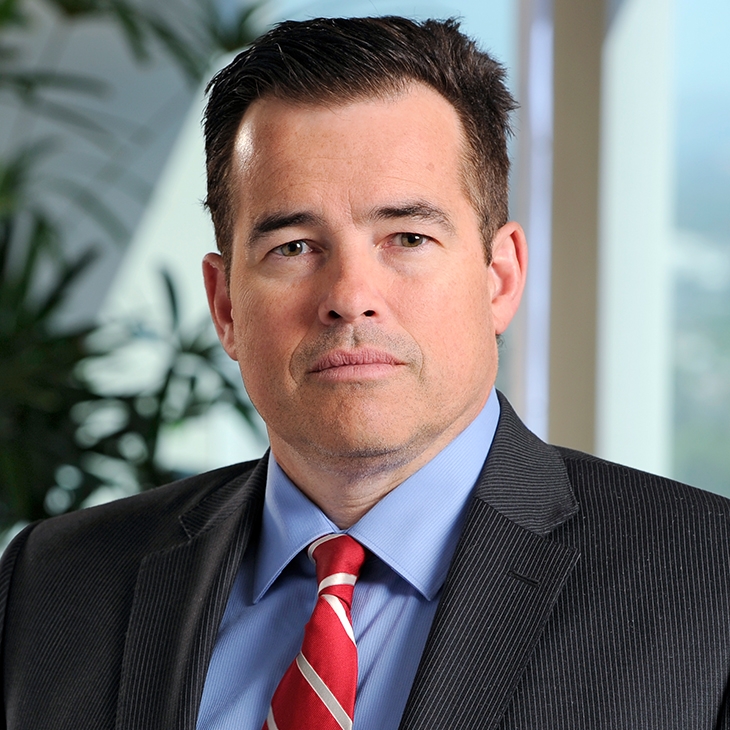In the year of 2020, the world was hit by the Covid-19 crisis, which impacted almost all industries and sectors across the world. This global pandemic shed light on the numerous weaknesses present in systems that serve humanity, the healthcare domain being the most affected one. Ken Julian points out that owing to this pandemic, the cases of healthcare frauds came up from the back pages of the news paper and became a talking point of major headlines. Healthcare frauds are a common white-collar crime, which does not harm just one or two people, but almost every person in the society either directly or indirectly. The diversion of funds caused due to these frauds ultimately increases the expenses associated with offering a full range of legitimate medical services to patients in dire need, and hence end up having a hand in reduce benefit coverage.
Several dollars are lost each year to health care fraud in the United States. In fact, as per the 2018 National Money Laundering Risk Assessment, this sum amounted to more than a hundred billion dollars. Ken Julian points out that unsurprisingly, a good number of these frauds are done by healthcare providers themselves. These people tend to be in the perfect position to mimic legitimate transactions, while taking assistance from complicit doctors and other medical professionals who are able to manipulate or bypass internal controls, without raising much suspicion. As a partner of the health care litigation practice at Manatt, Phelps & Phillips, Ken has valuable insights into healthcare fraud cases and their proceedings. He mentions that as many of these frauds take place from within the system, their detection is often a huge challenge. The pressure put on the healthcare system due to the Covid-19 crisis further exasperates the problem. More than four million claims are processed under Medicare at the current moment. Its high claim numbers make it a good target for the fraudsters. The benefits given under Provider Relief Fund created as part of the more expansive Coronavirus Aid, Relief, and Economic Security Act are also a major target.
Apart from the frauds related to discerning government relief programs like PRF, the cases of false and counterfeit claims are also increasing. These cases include fraudulent vaccines, fake vaccination records, and creating a system of ‘kickbacks’ to physicians with the aim of filling put the pockets of pharmaceutical companies and other healthcare providers.
While giving an example of healthcare frauds, Ken Julian discusses how the United States Department of Justice indicted a Michigan woman. She was charged with embezzlement of government property and was alleged to have submitted claims for patients who did not qualify for home health services through an already closed down facility. The claims took place through a home health facility that had closed down in the early 2020, but continued to collect more than $1M in Medicare benefit payments, which subsequently were used for personal expenses and gifts for family members.







